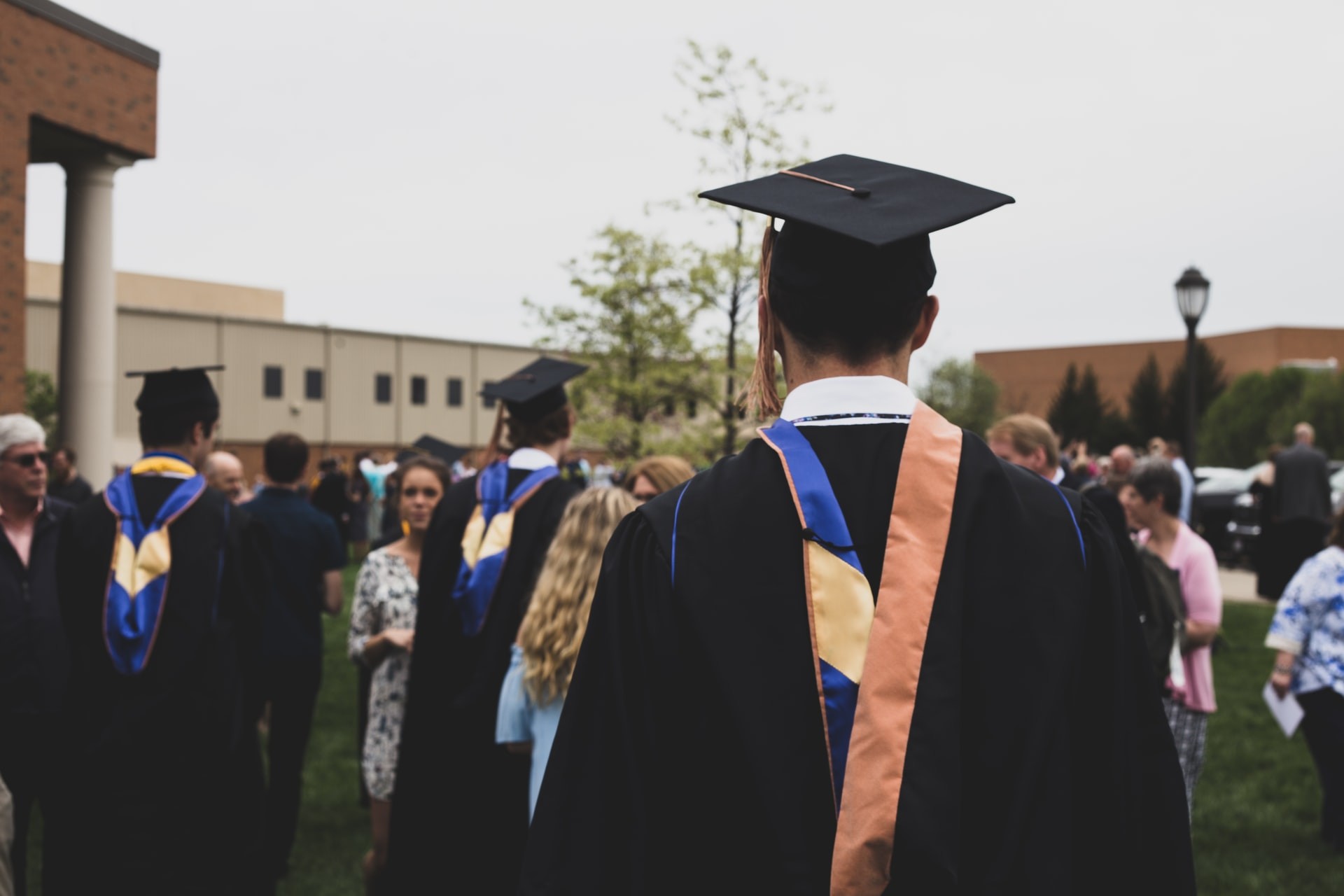Are Americans Allowed to Travel In Cuba?
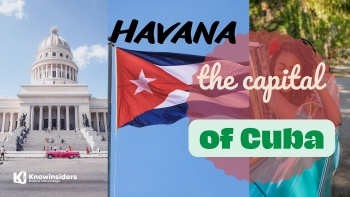 What Is the Capital of Cuba: History, Facts, Best Places to See What Is the Capital of Cuba: History, Facts, Best Places to See |
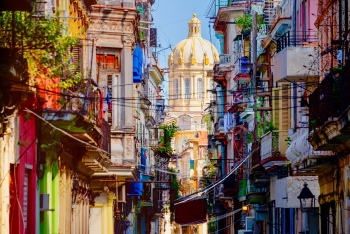 Top 7 Weirdest Things in Cuba That You Must Know Top 7 Weirdest Things in Cuba That You Must Know |
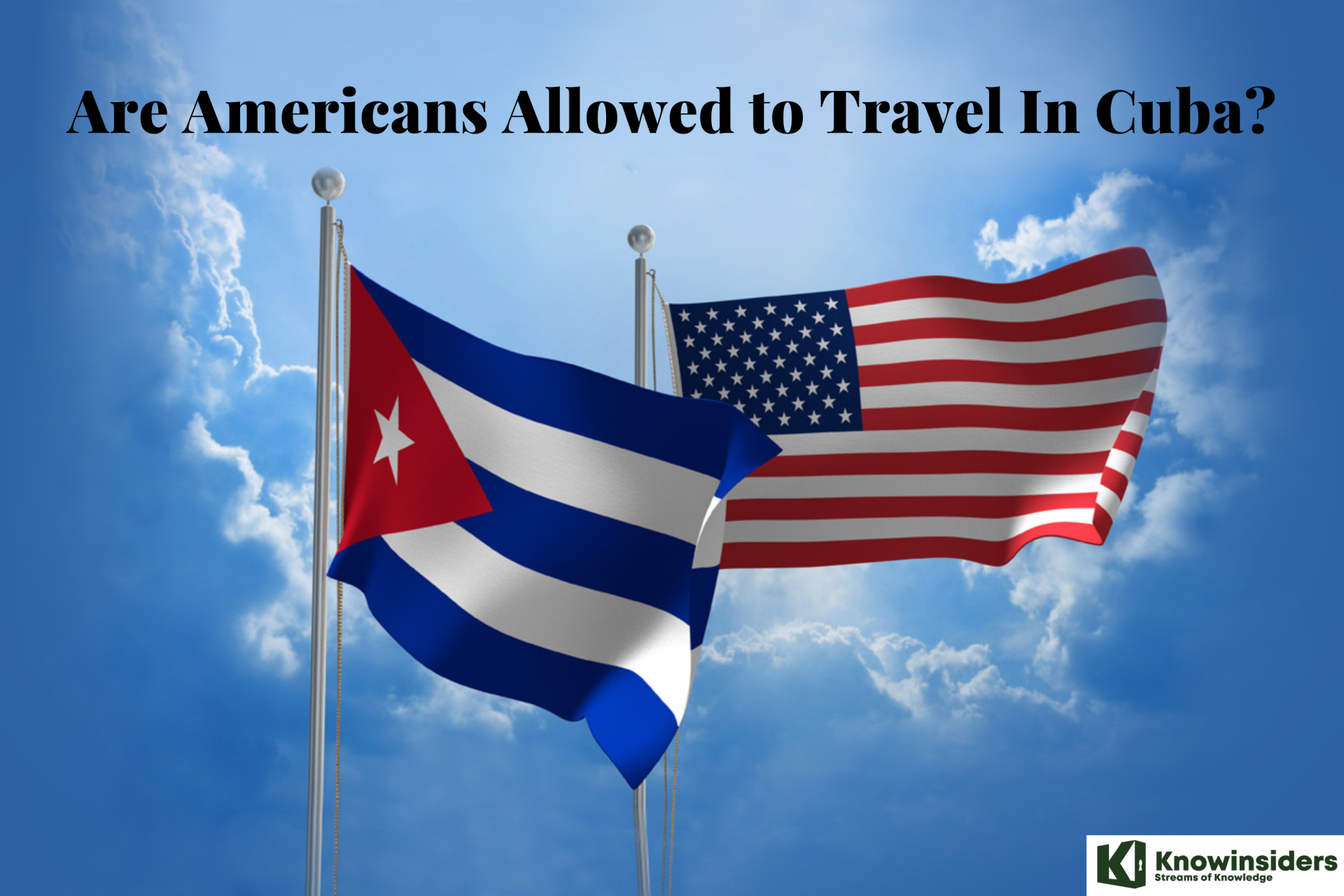 |
| Are Americans Allowed to Travel In Cuba? |
| Table of Content |
People from the United States have had a hard time traveling between Cuba and the US for a long time. Other than Cuba, there is almost no place on Earth that American citizens are not allowed to visit.
In 2014, President Obama changed the way the US and Cuba interact with each other. Even though he didn't fully restore peace between the two countries, he got things off to a good start. Most importantly, he began easing restrictions on travel to Cuba.
Before these changes, it was much harder for Americans to visit Cuba. Most of the time, they had to go as part of a group or with a licensed company for educational reasons. Americans also often went to Cuba through Mexico or Canada to get around U.S. restrictions.
This article is meant to answer all of your important questions about going to Cuba with a US passport. Cuba's requirements for entering the country and the 12 types of travel that are allowed.
Learn more: 2025 Cuba Calendar - Full List of Public Holidays, Observances: Dates and Celebrations
U.S.-Cuba Relations
Since 1959, when Fidel Castro overthrew a U.S.-backed government in Havana and established a socialist state allied with the Soviet Union, the U.S.-Cuba relationship has been marred by mistrust and hostility. Following that, successive American administrations pursued policies aimed at diplomatically and economically isolating the island nation. More than any other nation, Cuba has been subject to US sanctions.
The actions taken by Presidents Barack Obama and Raul Castro to normalize their bilateral ties included reestablishing diplomatic ties and boosting trade and travel. The administration of Donald Trump undid many of these changes.
In the wake of widespread demonstrations on the island and a renewed crackdown by Havana, President Joe Biden relaxed some U.S. restrictions.
Are Americans Allowed to Travel to Cuba?
Yes, Americans are welcome to visit Cuba. You can easily travel to Cuba from the United States and obtain a travel visa there. It's much simpler than you might imagine.
June 5, 2019 Update: The White House and OFAC have enacted new restrictions to the way Americans can travel to Cuba. However, Americans can still travel to Cuba! It is still 100% legal to do so. Learn more about this announcement in our Cuba travel policy article.
October 25, 2019 Update: The United States has prohibited American airlines from flying anywhere in Cuba EXCEPT Havana. That means you can still fly to Cuba—just that you need to book a flight to Havana. (Which you probably would do, anyway.)
September 28, 2020 Update: The Trump Administration has banned Americans from staying at government-owned hotels. The new restriction also bans Americans from importing Cuban rum or cigars.
The inability to travel to Cuba at all and the inability to travel there as a typical tourist are two very different things. There is a huge area of middle ground that permits travel that is advantageous to the Cuban people and enjoyable for tourists as well. Cuba is safe and legal to visit, despite the recent restrictions.
• Simply put, Americans must travel on their own within one of the eleven permitted travel categories.
• The most popular category is Support for the Cuban People.
• American citizens used to be able to visit Cuba on cruises or through guided tours (under the People to People category, which was the 12th category).
• The People to People category has been removed as a result of President Trump's June 2019 Cuba travel restrictions, and cruise ships are no longer permitted to visit Cuba.
• Again, visiting Cuba is still entirely legal as long as you do so on your own and fall under one of the other 11 categories.
How Can Americans Travel to Cuba?
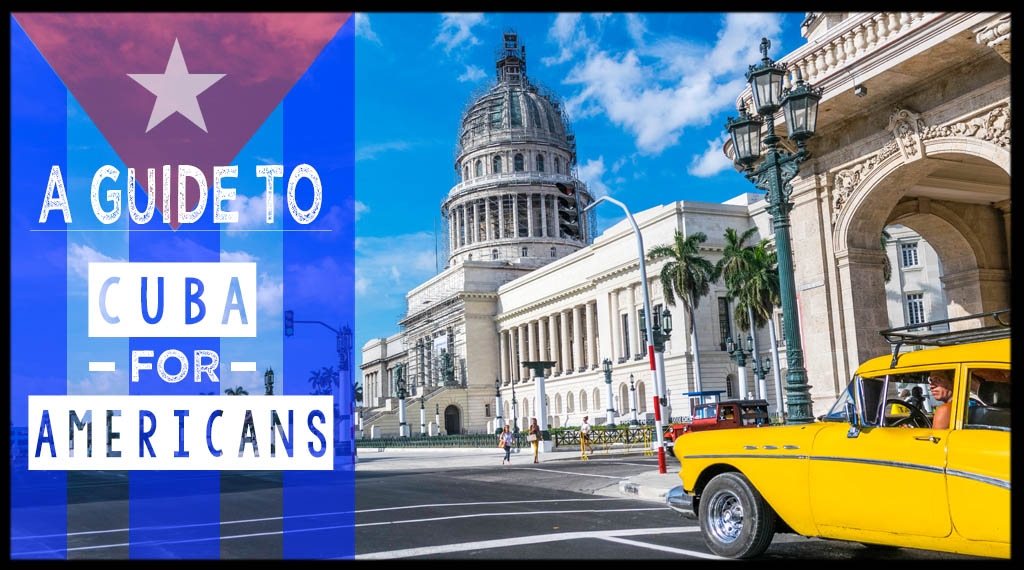 |
| Photo:gettingstamped |
Americans can visit Cuba legally by merely stating their purpose for going there, which is typically done when buying an airline ticket. You can travel quite freely if you declare that your trip is to "Support the Cuban People" and promise to spend your money at independent stores rather than state-run ones.
If the purpose of an American's trip fits into one of the 12 categories for authorized travel to Cuba, they are permitted to go there!
To discourage Americans from visiting Cuba, the Trump administration worked to reverse changes made by the Obama administration to the country's travel regulations. The rules governing American travel to Cuba haven't changed all that much, though, and it's still relatively simple to do so. There are just a few more guidelines to follow.
Some of these changes include:
• American citizens are no longer able to bring rum or cigars back from Cuba;
• Americans citizens are now prohibited (by the U.S. government – not the Cuban government) from staying at a variety of hotels in Cuba;
• Some methods of traveling to Cuba, such as “people to people Cuba” travel organized tours, and the ability to travel to Cuba by cruise, have been scaled back or eliminated.
What Do You Need to Travel to Cuba with a US Passport?
Here is a list of entry requirements to Cuba that you need to comply with before you arrive at a Cuban airport:
1. Valid US passport
You can travel to Cuba with your standard U.S. passport. To avoid any issues while going through customs, make sure your passport is valid for at least six months after your Cuba trip.
2. Cuba Tourist Card
No matter where they are from, everyone visiting Cuba requires a special visa called a tourist card. When you board your flight to Cuba, you must have your tourist card with you.
The costs and procedures for obtaining a Cuban tourist card vary depending on the airline. To board the aircraft, you must present your Cuban Tourist Card when checking into the flight. Here is the current price of a Cuban Tourist Card based on airlines:
Delta: $50, purchase at the gate
JetBlue: $50, purchase at the gate
Southwest: $50, purchased online and delivered at the gate
United: $75 ($50 visa fee + $25 admin fee), purchase at the gate
American: $85 ($50 visa fee + $35 admin fee), purchase online and sent via mail or at a Cuba Ready” Kiosks at CLT or MIA airports for $100 ($50 visa fee + $50 admin fee)
In reality, it’s the U.S. that has an issue with Americans traveling to Cuba. The Cuban government has no issue with it and they want American tourists in Cuba.
3. Travel insurance for Cuba
All visitors to Cuba must have travel insurance. Any unplanned medical costs you may have while visiting the island must be covered by your insurance.
Because of this, organizations like RoamRight that focus exclusively on travel insurance exist. You will have coverage for any medical emergencies that may arise while you are traveling with RoamRight. Additionally, it provides protection against travel annoyances like trip cancellation and lost or stolen luggage. RoamRight costs about $50 per person for one week of service.
4. Valid general travel “license” to Cuba
Technically referred to as a "general license," or a type of authorized travel to Cuba, all Americans traveling there require a "license." The Office of Foreign Assets Control has established these categories (OFAC).
We use the terms "license," "travel license," "general license," and "travel category" interchangeably in this article.
Contrary to popular belief, even though it is referred to as a license, it is not the same as a driver's license or even a tourist visa. You don't need to bring a physical copy of it with you to Cuba.
NOTE: Beginning in September 2020, professional research and professional meetings, as well as public performances, clinics, workshops, athletic and other competitions, and exhibitions, may be the only two travel-related categories that DO call for a physical document.
Getting a Cuba general license means:
- You’ve chosen one of the U.S. government’s 12 categories for legal travel to Cuba.
- You meet all the criteria for traveling to Cuba under your chosen category.
Confusing terminology aside, getting your Cuba general license is pretty easy. Take a look at our step-by-step section below.
5. Customs and health declaration forms
Cuba requires all travelers to bring a Sanitary Statement and a Customs Declaration form. We suggest you complete the documentation online at D’Viajeros, the government’s website for this purpose. You will save time and annoyances!
6. Cuba travel restrictions amid the COVID-19 pandemic
Currently, there are a few mobility and business restrictions, a Sanitary Statement, and random Antigent testing upon arrival in Cuba.
You must abide by the prohibitions put in place by Cuban authorities while you are there to stop the COVID-19 pandemic from spreading:
People must keep 5 feet of space from each other and wear face masks everywhere.
You might be asked to find your contacts or have your temperature checked at random.
Most tourist attractions have limited hours and can only hold a certain number of people.
There can't be any big gatherings.
It might be hard to get around within and between cities and provinces.
You can even get fined for not following the rules! (But that wouldn't happen very often)
Please, notice that as of April 4th, 2022, proof of COVID-19 vaccination or a negative PCR test is not required.
12 Categories of Authorized Travel to Cuba
The 12 types of trips to Cuba that Americans can take without first requesting permission from the American government fall under the 12 categories of authorized travel to Cuba.
It's important to note that the category of authorized travel you choose will serve as your justification for visiting Cuba to the American government. Cuba will simply regard you as a visitor and won't place the same restrictions on your activities as the United States does.
These are the Twelve Authorized Categories:
• Family visits
• Official business of the U.S. government, foreign governments, and international organizations;
• Journalistic activity;
• Professional research and professional meetings;
• Educational activities;
• Religious activities;
• Public performances, clinics, workshops, athletic and other competitions, and exhibitions;
• Support for the Cuban People;
• Humanitarian projects;
• Activities of private foundations or research or educational institutes;
• Exportation, importation, or transmission of information or informational materials;
• Certain export transactions.
When traveling under these categories of approved travel, you don’t need any sort of special visa or permission as long as what you plan to do during your trip follows the guidelines of the category you select.
Where to get a Cuba visa in the US?
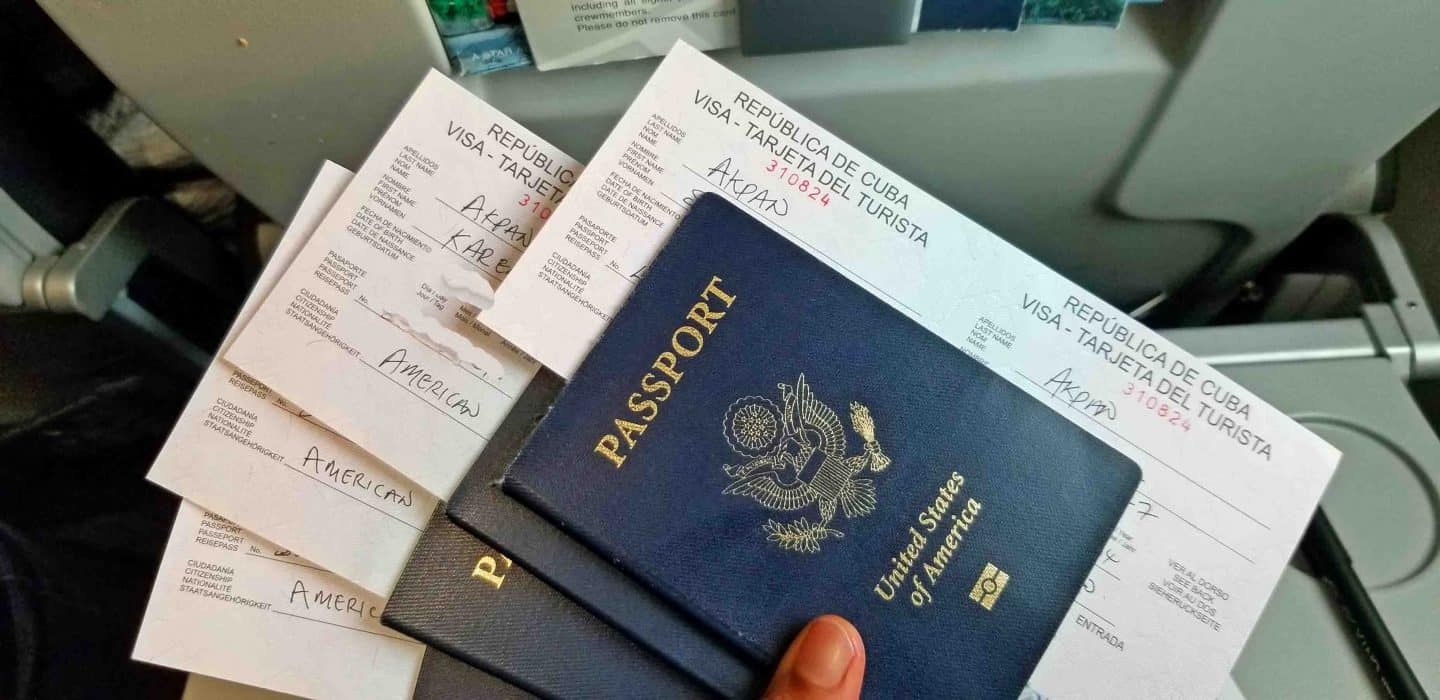 |
| Photo: themomtrotter |
One way to go about it is by visiting a Cuban embassy. They're all over the place, but you'll need to check them out in person to really discover them. Before you head out, it’s a good idea to give them a call and check on what you’ll need to bring along. So, basically, you need to make sure your passport is valid for at least six months after you get to Cuba. Once you fill out an application there, the diplomatic mission will issue the visa based on their processing time.
You can also get a Cuban visa in the US by going through your preferred airline. But, keep in mind that not everyone has this feature, so it's a good idea to do a bit of research first. If you can't find what you need on their official website, just give them a call and they'll help you out.
You can also have a travel agency in the US help you with your Cuba Tourist Card application. One downside to this approach is that not everyone goes to Cuba with tour operators. Some folks like to handle their own itinerary. It cuts down on expenses. It's not as simple as just reaching out to a travel company for a Cuba tourist card. It's the only part of a package.
Can Americans fly to Cuba from the US?
Yes, you can take a nonstop flight to Havana from many cities, such as Miami, New York, Fort Lauderdale, Atlanta, and more. To get on these flights, you need a Cuban visa.
At first, flights from the US to Cuba could only land in Havana. During the Trump and Biden administrations, flights could not land at any of Cuba's other airports. Now that this restriction has been lifted by the Biden administration, airlines are planning new flights between the US and other Cuban cities. This will make it easier for Americans to get to other parts of the island.
Can Americans use credit cards in Cuba?
No, people from the United States are not allowed to use credit cards or ATMs in Cuba. Your bank will lock your account if you do this.
Americans are not allowed to do business with each other financially in Cuba. There are no ATMs, debit cards, or credit cards that work in the country, even if you have a visa. You will need to bring enough cash to cover your whole stay.
So how do you keep track of your money when you're an American in Cuba? It's fine to bring US dollars or euros and exchange them on the spot. (Before early 2020, you could only pay with US dollars. Now, you can pay with both US dollars and Euros.)
Is there internet in Cuba?
Cuba does have internet, but it's very slow and you can usually only get online by buying a one-hour wifi card and going to an access point.
While "free wifi" signs are seen all over the world, they mean something very different in Cuba. "Free wifi" usually means it's easy to connect to the internet. Most of the time, having a local phone number means you can use free wifi in places like China and Turkey.
In Cuba, though, "free wifi" usually means a nearby network that you can connect to with the wifi cards you already bought.
Not having any wifi cards? You will need to buy some. You can get them at the Etecsa store in your neighborhood, and some hotels also sell them. If you want to skip the line, you can buy them from street vendors who charge more than the $1 an hour rate.
Cuban wifi hotspots are easy to find because a lot of people are crowded around them with their phones. Many people like to hang out in Old Havana. Some of these places are the area in front of the Hotel Ingleterra, the Etecsa stores, and some parks.
You can sometimes connect to the internet in some places without having to enter your credit card number. These places do exist, even though they are not common.
Hotels in Cuba
The Trump Administration has also put limits on US travel by making a list of hotels that Americans are not allowed to stay at while they are in Cuba.
There are some publications and websites that say Americans are not allowed to stay in any hotels in Cuba, but this is not true. Americans aren't allowed to stay at some hotels that are owned by the Cuban government in whole or in part.
There are still many privately owned boutique hotels and private rentals like Airbnb and "casas particulares" where Americans can stay. You can reserve a spare room in someone's apartment or rent a big, private colonial mansion with a pool, among other options. Every traveler can find the perfect casa.
Bonus Tip for Americans Traveling to Cuba: Stick to Private
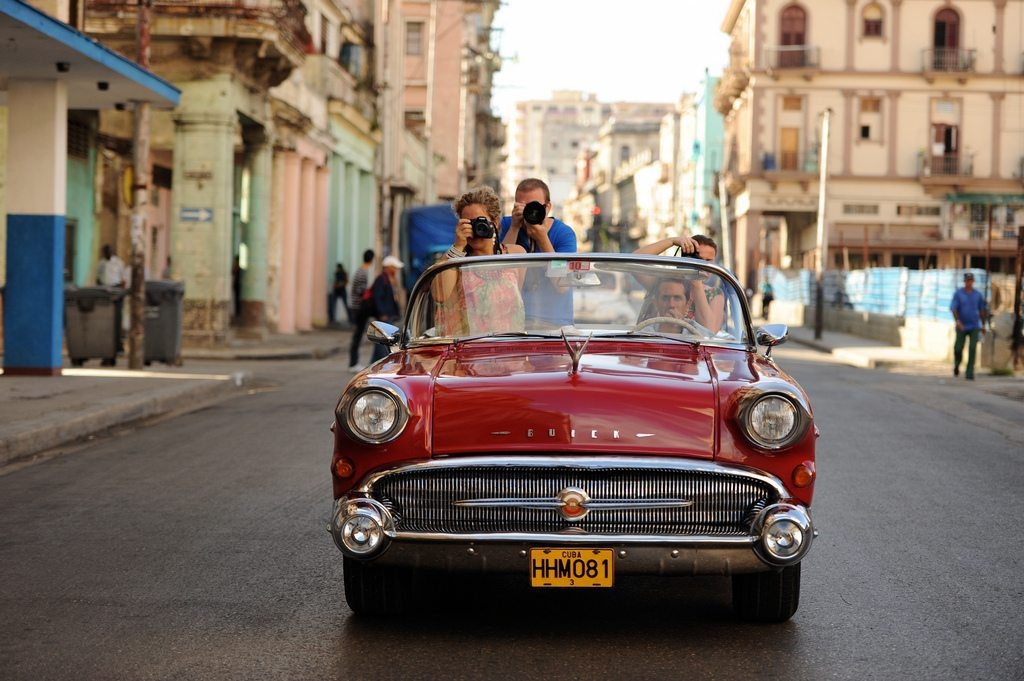 |
| Photo: skift |
Book tours directly from local guides
The people who run tours in Cuba are happy to tell you about the country, its people, and its history. Everyone can also go on tours, such as driving around Havana in an old car, riding a horse through the wild Viales, or hiking in the Sierra Maestra mountains.
But keep in mind that not every tour guide is that good. In Cuba, where tourism has only recently started to really take off, there are a lot of people who want to make money off of tourists, especially from the US. If you don't want to be scammed by fake or unqualified tour guides, do not book tours through them. Also, don't forget to tip them if they do a good job!
Tour Republic offers exciting trips all over the island, led by knowledgeable locals. You're in good hands!
Stay in casas particulares
When you go to Cuba, private homes, also known as casas particulares, are like bed and breakfasts.
The rooms are owned by Cuban families who charge a daily fee to use them. Not only are they cheaper than hotels, but they also give you a much more authentic taste of Cuba.
In addition, many casas serve breakfast that is made from scratch. It costs about 20 to 50 USD per night to stay in a casa.
Please look at the most recent Cuba Prohibited Accommodations List to make sure that your casa particular is not on the list of places that are not allowed to stay.
Eat at paladares
Private restaurants called "paladares" are run by Cubans with a love and talent for fine Cuban cuisine.
Paladares offer better service and more diverse menus than Cuba's government-run eateries. Depending on how upscale or casual the paladar is, the cost of eating there varies. However, in general, you can anticipate spending between $10 and $30 USD per meal. By the way, see our comprehensive breakdown of a reasonable Cuba travel budget.
You might be accustomed to using websites like Yelp back home to decide where to eat next, but access to the Internet is scarce in Cuba. Therefore, we advise bringing a travel guide instead, like this one from Lonely Planet.
For more information on how to stay healthy in Cuba and cut costs on your trip, kindly review our food safety guide.
Ride in private taxis
When you flag down a taxi in Cuba, you’ll notice two different taxis: state taxis and private taxis (almendrones).
State taxis are owned and operated by the Cuban government, while private taxis are run by private taxi drivers. Chances are, the almendrones will catch your eye because many of them are the colorful, beautifully restored vintage American cars that have become synonymous with Cuba.
Support the local businesses
If you travel to Cuba under the Support for the Cuban People category, you’ll need to support local Cuban businesses during your trip.
Supporting local businesses includes staying in casas particulares, eating at paladares, attending a performance by a local musician or artist, or taking a cooking or salsa dancing class.
Is Cuba Safe for Americans?Even after learning that they can visit Cuba, many Americans still believe it might not be safe to do so. Nothing could be further from the truth. Cuba is making a sincere effort to develop its tourism industry and draw more visitors from EVERY country, and it's really paying off. I can assure you that anyone from the United States going to Cuba will be completely safe. |
 What Is the Capital of Cuba: History, Facts, Best Places to See What Is the Capital of Cuba: History, Facts, Best Places to See Cuba’s capital is a beautiful city where the streets are decorated with colorful houses, classical cars and artists. We rounded up all things you need ... |
 Top 10 Most Beautiful & Attractive Cuban Women Under 40 Top 10 Most Beautiful & Attractive Cuban Women Under 40 Cuban girls or women are globally renowned for their natural and hottest beauty. Let’s take a look at the ranking of 10 most beautiful and ... |
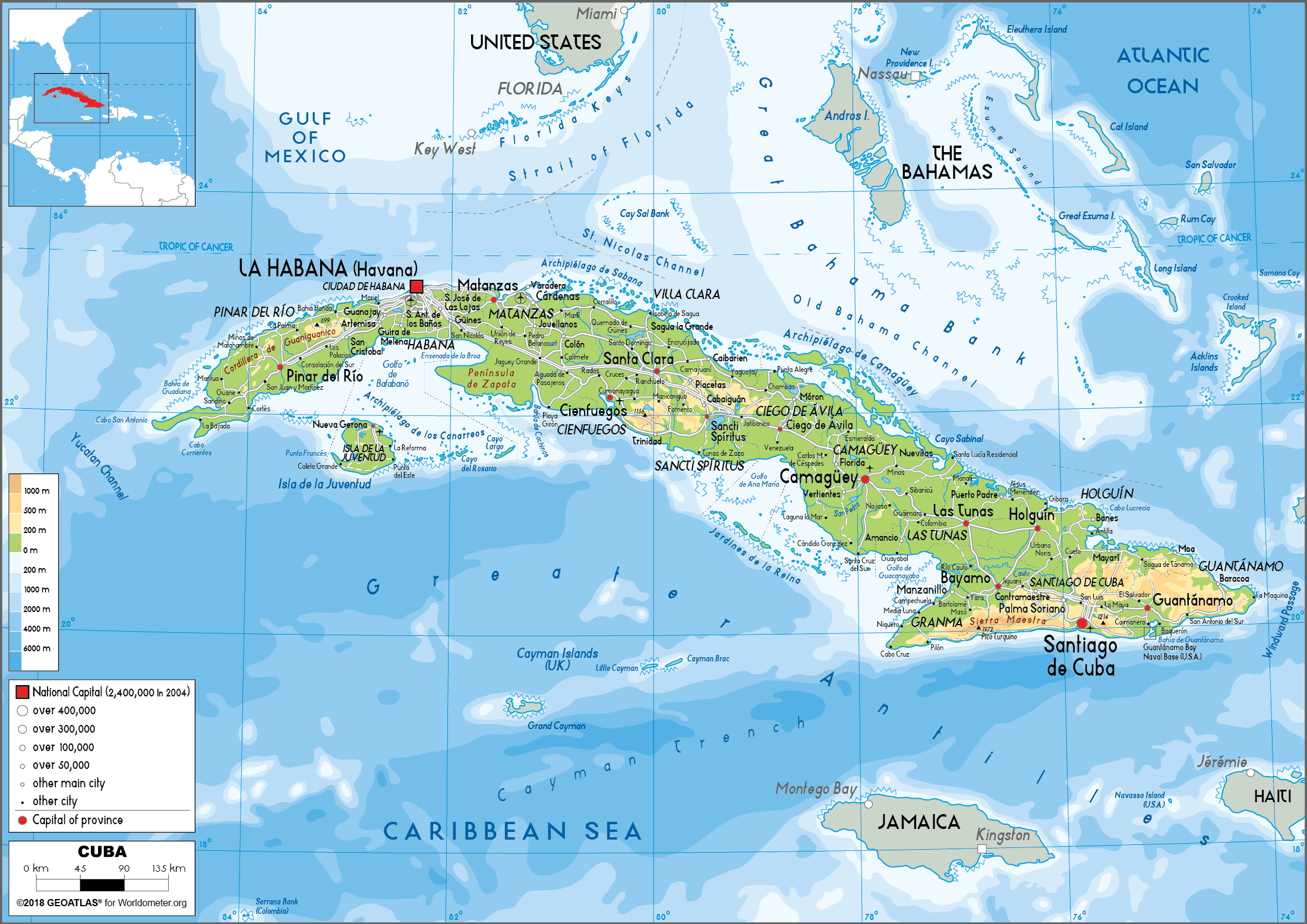 7 fascinating facts about Cuba you should partially know in hand! 7 fascinating facts about Cuba you should partially know in hand! The following are 7 fascinating facts about Cuba. If you want more detailed information, check out this piece of information to broaden your knowledge about ... |

